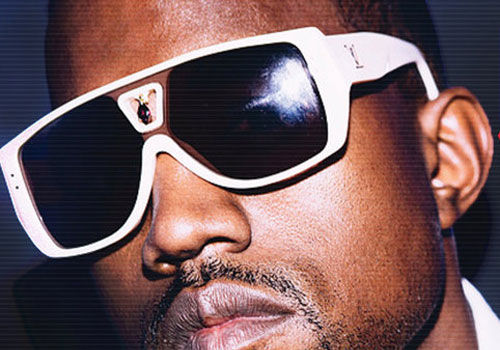First things first: this is not a defense of Kanye West.
The much aligned public figure tends to be a lightning rod for public scrutiny to the point where he is not safe from the President of the United States calling him a “jackass.” With the release of his seventh album, “The Life of Pablo,” West also restarted activity on Twitter, something that he had stopped doing since the release of his sixth album “Yeezus.”
This enlarged online presence brought a flood of public criticism over multiple controversial tweets, which only intensified once the album was released. These controversies ranged from a beef with Wiz Khalifa and Amber Rose, commentary on Bill Cosby, requests for business talk with Mark Zuckerberg, and, arguably most infamously, more discussion about Taylor Swift.
At this point, many staunch supporters of West have publicly announced that they will no longer defend him, which is within their rights. While Kanye West is one of the brilliant minds of our generation, he also has many problematic views and ideas that he continues to promote, and at this point, the bad outweighs the good. However, people tend to end their support of West for troubling reasons.
Most recently, West implied in a song that he made Taylor Swift famous, an allegation that Swift responded to while accepting the Grammy award for ‘Album of the Year’ for her album “1989.” Many white feminists used this as their basis for no longer supporting West, as if this single instance was the first time that West had shown misogyny in his lyrics. Every single album that West has released, including “College Dropout,” has misogynistic lyrics in it to some degree. Many songs show misogyny more explicitly than the aforementioned lyric in “Famous.” Uproar about this lyric also ignores many of the derogatory comments that West has made about women such as Amber Rose in the past.
The difference between the years of lyrics that existed before the “deal-breaking” lyric resides nearly entirely on whom the misogyny is directed towards. By directing lyrics of a sexual nature toward a white woman, West crossed a boundary within the white feminist discourse that allows for him to be a target of scorn within the boundaries that white feminists tend to work within. (Side note: while Kanye West is less responsible for Taylor Swift’s fame than her parents buying major stakes in a record company specifically to allow her to start her country music career, the rise of Swift as a pop icon and her change in public opinion would not have been nearly as successful if Kanye West did not interrupt her speech at the Video Music Awards.)
A more worrying trend is the tendency to ignore previous transgressions to highlight ones that fit within the narratives that a writer is willing to discuss. While West claiming that he might have sex with Swift is too far, tweeting that known rapist Bill Cosby is innocent is controversial, but ultimately forgotten. Taking the side of Bill Cosby instead of the side of the sixty women who accused him of rape is more dangerous than any comment that West could make about Taylor Swift. Selective amnesia about artists extends past West; Drake, in his most recent release “If You’re Reading This It’s Too Late,” proclaims that he might “declare it a holiday as soon as Baka get back on the road.” Baka’s real name is Travis Savoury, and he was arrested in connection to a case of human trafficking where a woman was forced into prostitution. While information like this was publicly known, this connection to abusive behavior was ignored in favor of making memes about Meek Mill.
Criticism of Kanye West is, more often than not, justified and needed. However, the reasoning behind the criticisms also need to be analyzed. Is West’s arrogance being called out because of his words, or because of racist attitudes about Black appearance? Is Kanye West’s comments about Swift problematic because of his views about women, or because those comments are being made about Taylor Swift? Unjust criticism should also be called out, because disingenuous arguments do not add to public discourse in a constructive way. However, one should not mistake objections to an argument as a defense of the person at hand.





















































